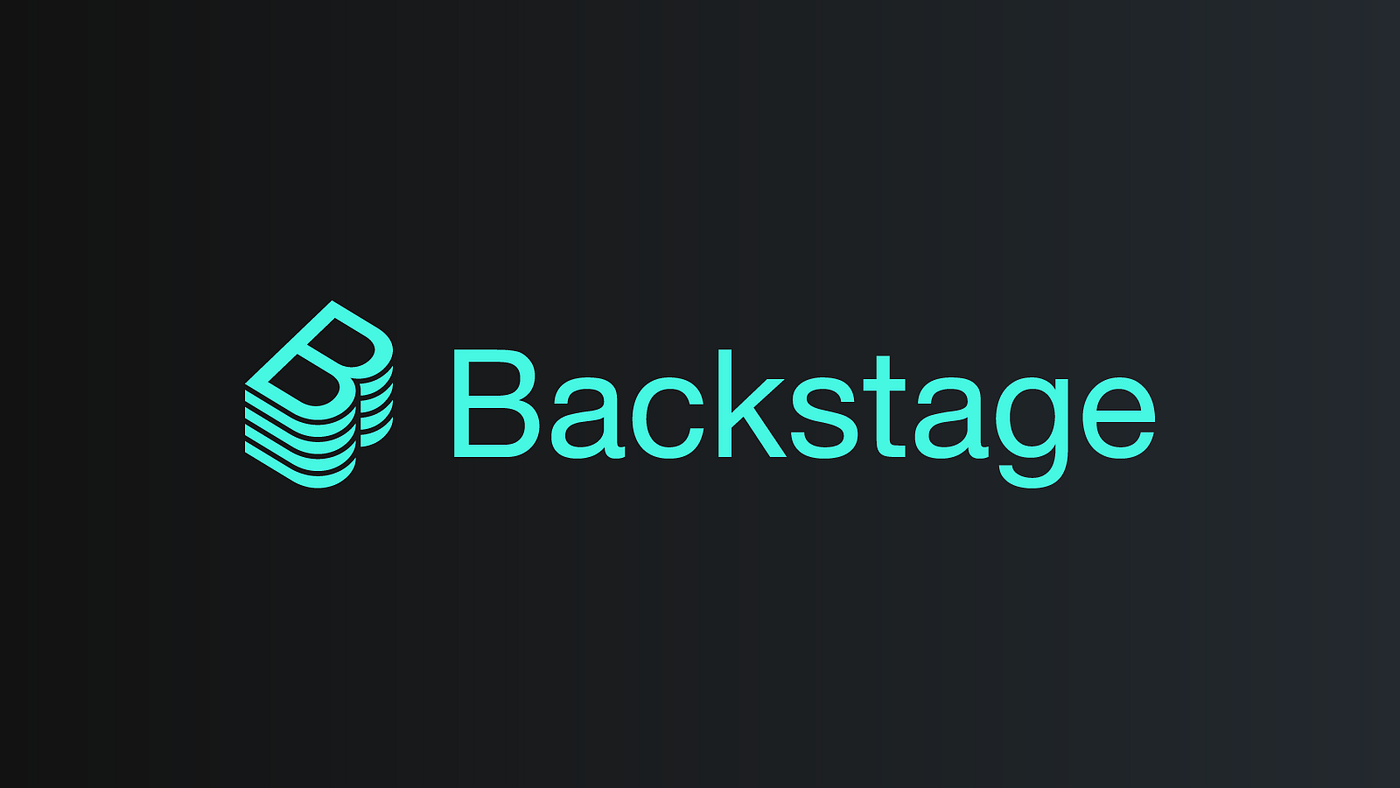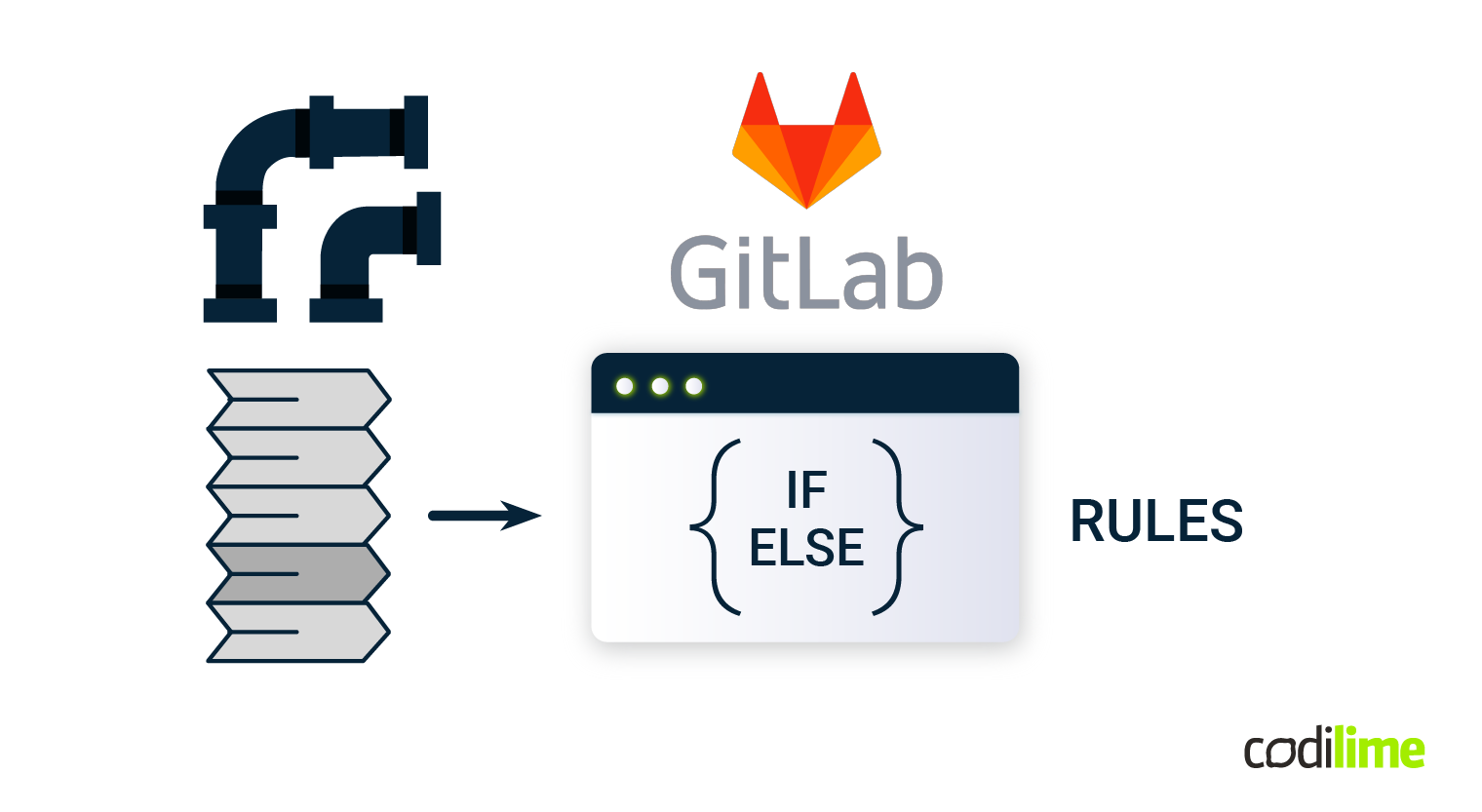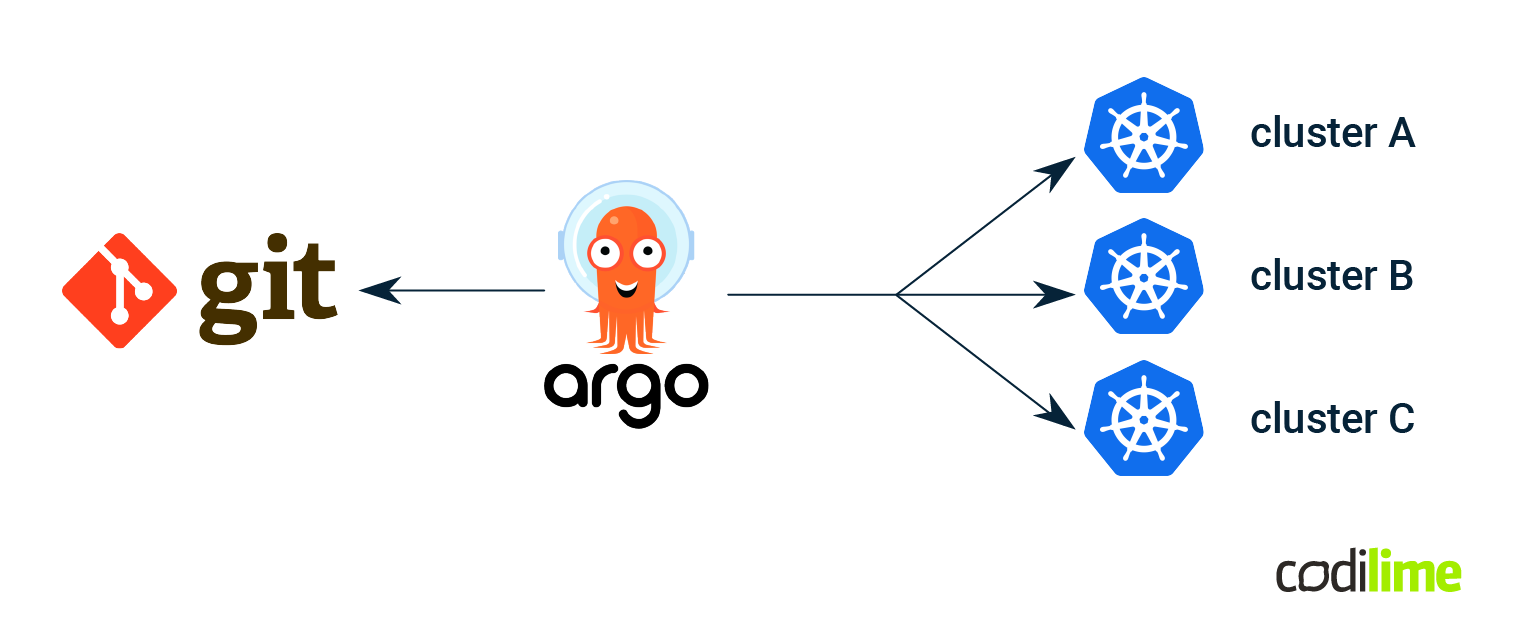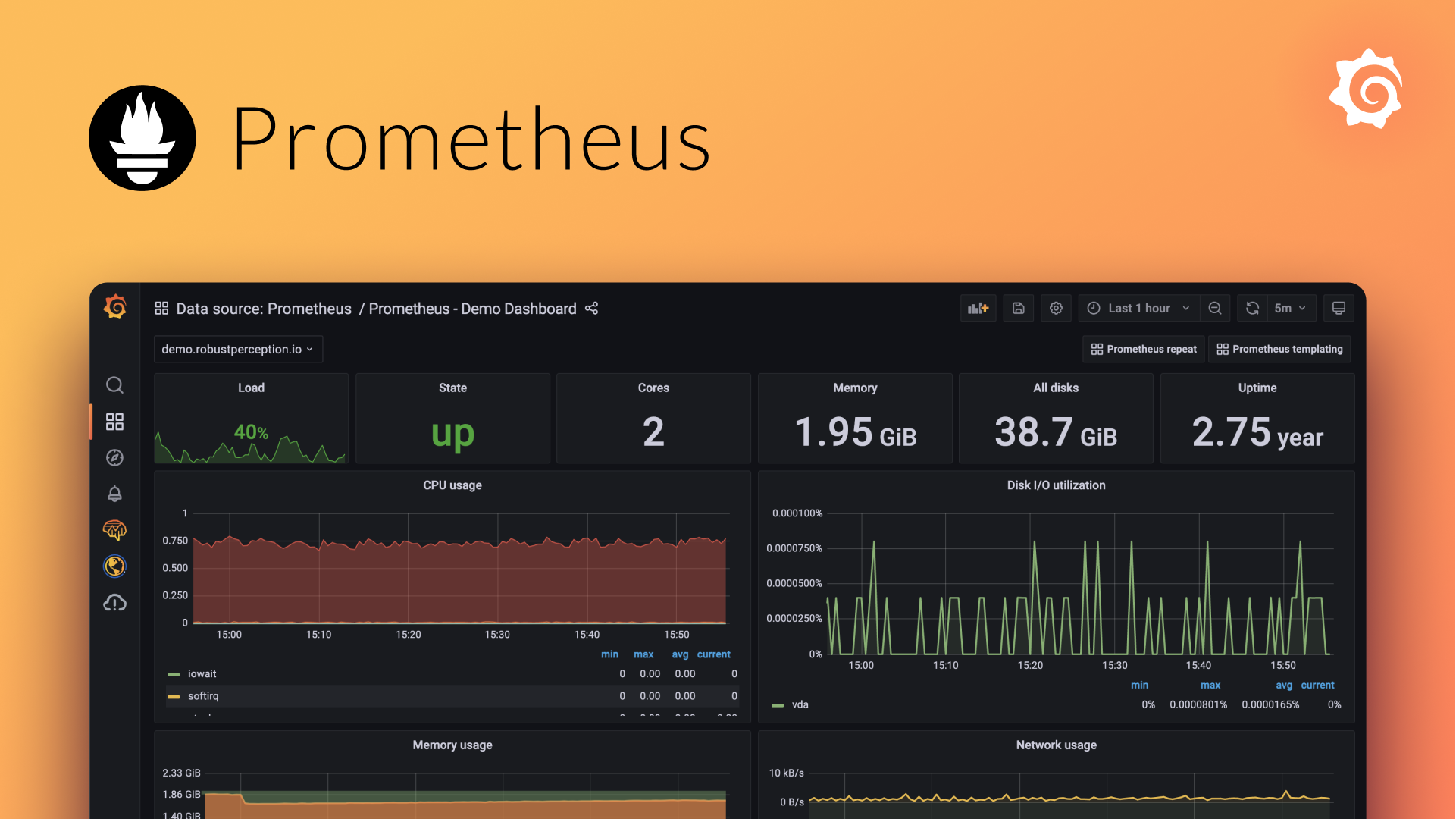In this article, you will learn more about platform engineering and how to simplify the software development process using tools such as Backstage, GitLab, ArgoCD, and Prometheus. Explore the importance of platform engineering in streamlining processes and improving development with DevOps engineers implementing automated best practices.
What is the role of platform engineering?
Platform engineering is a branch of the software engineering and DevOps world focused on building and maintaining big platforms. These platforms serve as the substructure for developers, providing a toolkit of services, infrastructure components, and software delivery mechanisms. The objective is clear: equip development teams with a streamlined, accessible, and efficient environment to develop, deploy, and manage their applications in the fastest possible way.
Fundamental aspects of platform engineering
- Automation is the main element of platform engineering, promoting a consistent and rapid way to code from development to production through CI/CD pipelines.
- Self-service empowers developers to provision resources and deploy their applications autonomously, reducing bottlenecks and fostering innovation.
- Standardization across the development life cycle ensures consistency, manageability, and security.
- Scalability and reliability mean that platforms must be designed to scale efficiently, up or down based on demand while maintaining high reliability.
- Observability and monitoring are possible thanks to built-in tools for logging, monitoring, and alerting, ensuring that developers and operators can understand and react to system states effectively.
- Security implementation built into the platform's foundations safeguards applications from inception to deployment.
Automation best practices with Backstage, GitLab, ArgoCD, and Prometheus
In the complex ecosystem of modern software development, engineering teams often struggle with the quantity of tools and processes. Managing services, documentation, and deployments can cause various headaches, leading to decreased productivity and a sluggish onboarding process for new developers. In the dynamic landscape of IT infrastructure and software development, the collective utility of key tools such as Backstage, GitLab, ArgoCD, and Prometheus has become essential. These powerful tools play important roles in enhancing collaboration, version control, continuous delivery, and monitoring; collectively shaping the modern paradigm of efficient and streamlined IT operations.

A deep dive into the Backstage framework
Backstage is an open-source platform with a unified interface to simplify and accelerate the developer experience. It serves as a hub for all things DevOps within an organization. Created by Spotify to address the challenges of their expanding infrastructure, Backstage has since been open-sourced and made available to the wider development community under the wing of CNCF (Cloud Native Computing Foundation). At its core, it provides a framework for building developer portals, bringing together disparate tools and services under a single, consistent UI.
Key features of Backstage
- Service catalog
Central repository for technical components, such as microservices, libraries, or data pipelines, promoting transparency and discoverability within the organization. - Software templates
Enabling quick and consistent creation of new projects by providing template-driven setups that adhere to company standards. - TechDocs
Integrates documentation directly into the workflow, making it easier for developers to find and contribute to project documentation. - Plugins
Offering extensibility through plugins that connect with various tools such as CI/CD systems, cloud services, version control platforms, and more. - Customizable and scalable
Adaptable to different organizational needs and scales from small startups to large enterprises.
Upgrade the workflow of your team with Backstage
In optimizing workflows, Backstage emerges as a game-changer, offering multiple advantages for teams aiming to elevate their collaborative efforts. It not only enhances developer efficiency by saving time but also contributes to a more seamless onboarding process, making it an invaluable asset for new team members. Backstage stands out thanks to:
- Unification of tools - By combining internal and external services into a single UI, it reduces the number of platforms developers must interact with.
- Enhanced developer efficiency - With the ability to access services, repositories, and documentation in one place, developers can save time and focus on building features.
- Streamlined onboarding - New developers have access to a central portal with all the necessary information and tools, reducing ramp-up time.
- Consistent development practices - Templates and plugins enforce best practices, creating more uniform codebases and infrastructure configurations.
- Simplified collaboration and ownership - Providing clear visibility of service ownership and easy access to resources.
- Community-driven innovations - Leveraging the collective knowledge and contributions of the community ensures you're working with the most up-to-date practices and tools.
Integrating your solution with Backstage
Backstage serves as a tool and a framework upon which your DevOps ecosystem can be built and expanded. By integrating your solution with Backstage, you will enrich the developer portal with custom functionality suited to your organization's unique workflow, whether it's specialized deployment pipelines, analytics dashboards, or a unified monitoring interface.
For example, integrating with CI/CD pipelines like GitLab can offer developers immediate feedback on builds and deployments, while deployment tools like ArgoCD can provide seamless Kubernetes cluster management. Additionally, by connecting to databases like PostgreSQL, you can perform administrative operations and access crucial data metrics without leaving the Backstage platform.
Backstage marks a new way for engineering teams to manage their software development life cycles. It brings harmony to tooling diversity, breaks down silos between operations, and creates a path toward a more collaborative and efficient DevOps culture. By investing in integrating your solution with Backstage, you are not only opting into a streamlined workflow but also joining a future where the emphasis is on developer experience, innovation, and sustained growth.
Whether you're a small team or a large enterprise, adopting Backstage could be the kickoff in transforming your development operations into a united, highly productive engine. Let's explore how the principles of platform engineering are applied through the automation of best practices, specifically by deploying Prometheus, an open-source monitoring solution, to a Kubernetes cluster using ArgoCD for continuous deployment and GitLab for version control and as a CI/CD platform.

GitLab for version control and CI/CD
GitLab is more than a repository, it’s a powerful CI/CD platform. A .gitlab-ci.yml file in your repository can define the entire build and deployment process. This allows developers to commit code and have it automatically built, tested, and prepared for deployment. That will cut delivery time for test environments or production-ready environments for the development team.
Key features of GitLab
- Version control
GitLab provides reliable version control capabilities, allowing teams to collaborate seamlessly across repositories. - CI/CD pipelines
The CI/CD pipelines in GitLab automate the software delivery process, enhancing efficiency and ensuring code quality. - Container registry
GitLab's integrated container registry simplifies the storage and retrieval of Docker images, streamlining the deployment of containerized applications. - Unified platform
By leveraging GitLab's capabilities, development teams benefit from a unified platform that integrates version control, continuous integration, and continuous deployment, facilitating a smoother and more controlled development life cycle.

ArgoCD for continuous deployment
ArgoCD employs a declarative approach to continuous delivery. Once installed on your Kubernetes cluster, it synchronizes the desired state defined in your Git repository with the live state in the cluster - automating the deployment of applications. In this example, it could be a replacement for GitLab deployment, where ArgoCD is set up to deploy on a certain cluster and namespace automatically. GitLab will then be used only as a repository from which a change can be tracked from a branch or a tag.
Main features of ArgoCD
-
Declarative configuration
ArgoCD allows you to declare the desired state of your applications and infrastructure using GitOps principles.
-
Rollback capability
In case of issues, ArgoCD simplifies rollback processes, ensuring a quick return to a known and stable state.
-
Multi-cluster support
ArgoCD supports managing applications across multiple Kubernetes clusters, providing flexibility for complex deployment scenarios.
By incorporating ArgoCD into your DevOps toolkit, you establish a robust foundation for continuous delivery, reducing manual intervention and ensuring consistent, reliable deployments.

Monitoring with Prometheus
To automate the deployment of Prometheus and ensure best practices for monitoring, you would include Kubernetes manifest files like prometheus-deployment.yaml and prometheus-service.yaml in your repository. To monitor your Prometheus deployment, ArgoCD applications should be used to manage the life cycle of Prometheus in the cluster. This abstraction enables developers to focus on their code as the platform handles the operational complexities of deployment and monitoring.
Major attributes of Prometheus
-
Multidimensional data model
Prometheus collects and stores time-series data, allowing for flexible querying and analysis.
-
Alerting
Prometheus has a built-in alerting system that can be configured to notify relevant parties of potential issues.
-
Scalability
Prometheus is designed to be highly scalable, making it suitable for monitoring dynamic, containerized environments.
Integrating Prometheus with ArgoCD enables developers to focus on their code while the platform handles the operational complexities of deployment and monitoring. This abstraction ensures a streamlined monitoring experience, contributing to a more resilient and proactive DevOps culture.
In summary, the cooperation of GitLab, ArgoCD, and Prometheus provides a powerful combination of version control, continuous deployment, and monitoring in a modern DevOps environment. Leveraging these tools collectively enhances collaboration, accelerates development, and ensures the reliability of deployed applications.
Rapid deployment, resilient systems - the essence of platform engineering
Platform engineering is about simplifying complexities, tooling interaction, and process automation to turn the software development life cycle into a seamless process of value creation. By embracing platform engineering, organizations can enable their development teams to build, deploy, and scale applications rapidly and resiliently, culminating in truly agile development.
As a DevOps engineer, you’ll be instrumental in creating, integrating, and managing such platforms. From infrastructure as code to setting up monitoring solutions like Prometheus, your role is essential in implementing the automated best practices that form the core of platform engineering.
Here you can check how to accelerate your business with our platform engineering services.









